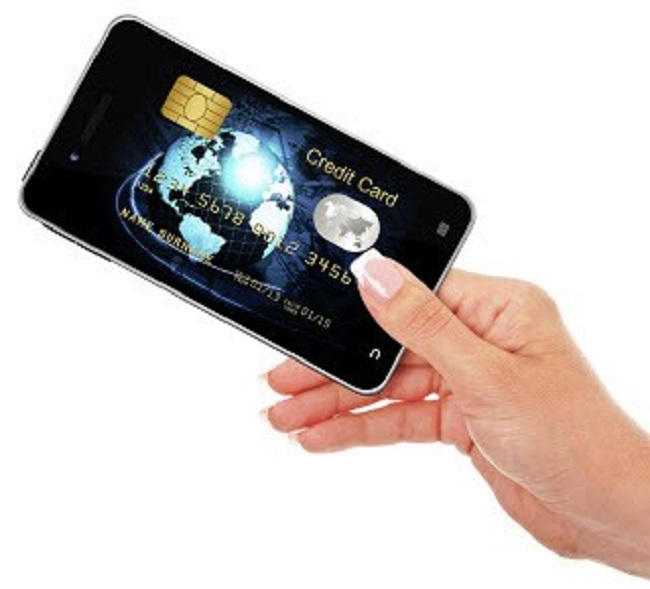ABI has released a report that says that a new type of sensor fusion that is rare today will be commonplace soon.
ABI Research has now released a report that looks quite promising for companies that have been considering the use of location based marketing, as they have said that geolocation sensor fusion remains “very much a rarity on smartphones today,” but that this will be changing in the near future.
The report said that by 2019 the market for this technology will be tremendous due to usage trends.
It explained that trends toward local search, health, retail, personal asset tracking, and connected home apps will spread geolocation based tech massively by 2019. This will open up a practically limitless number of doors for location based marketing technology providers and users. Patrick Connolly, a senior analyst from ABI Research, explained that “Conditions are perfect for disruptive new entrants.”
ABI Research feels that the technology that will drive location based marketing is about to take off.
 Connolly went on to explain that “All major sensor IC vendors have identified location-based sensor fusion as important, yet InvenSense is the only company to actively invest in this area. This lack of priority is driven by a short-term demand issue, as the indoor ecosystem is not evolved enough to warrant major developer interest.” The result, he said, will be that there will be a “void”, as that application starts to explode over the next couple of years.
Connolly went on to explain that “All major sensor IC vendors have identified location-based sensor fusion as important, yet InvenSense is the only company to actively invest in this area. This lack of priority is driven by a short-term demand issue, as the indoor ecosystem is not evolved enough to warrant major developer interest.” The result, he said, will be that there will be a “void”, as that application starts to explode over the next couple of years.
GNSS IC vendors and startups will, says ABI Research, be able to take advantage of a considerable chance for meeting this demand. That said, it should be pointed out that unlike the market for IC, where there is a single position for which everybody must compete, it is the belief of ABI Research that smartphones will run a number of different indoor geolocation technologies for various apps and purposes.
Connolly explained that this environment is unique in its potential for competition, which is made even more complex by vendors such as Apple, that like to develop their own geolocation sensor fusion solutions as a component of an “always-on ubiquitous offering”. As a result of the disruption that this will cause, competition will develop and it will form a chance for equal measures.
Location based marketing companies will be provided with an array of choices with which they will then be able to engage consumers.

 According to the CMO of Syniverse, Mary Patterson Clark, “We’re providing an additional layer of fraud protection for when a consumer is on the road.” She added that “Over and above the existing fraud protection, [MasterCard is] offering this additional opt-in fraud protection offer to their customers.”
According to the CMO of Syniverse, Mary Patterson Clark, “We’re providing an additional layer of fraud protection for when a consumer is on the road.” She added that “Over and above the existing fraud protection, [MasterCard is] offering this additional opt-in fraud protection offer to their customers.”